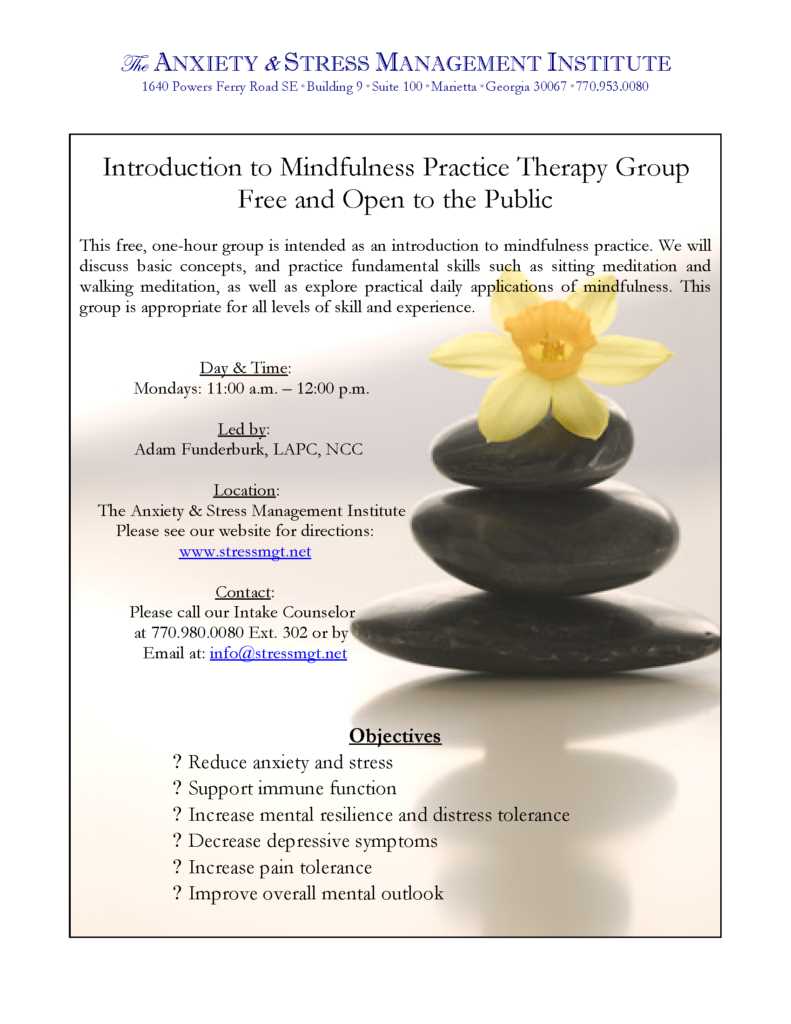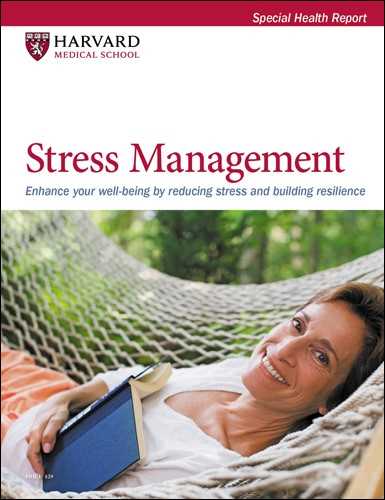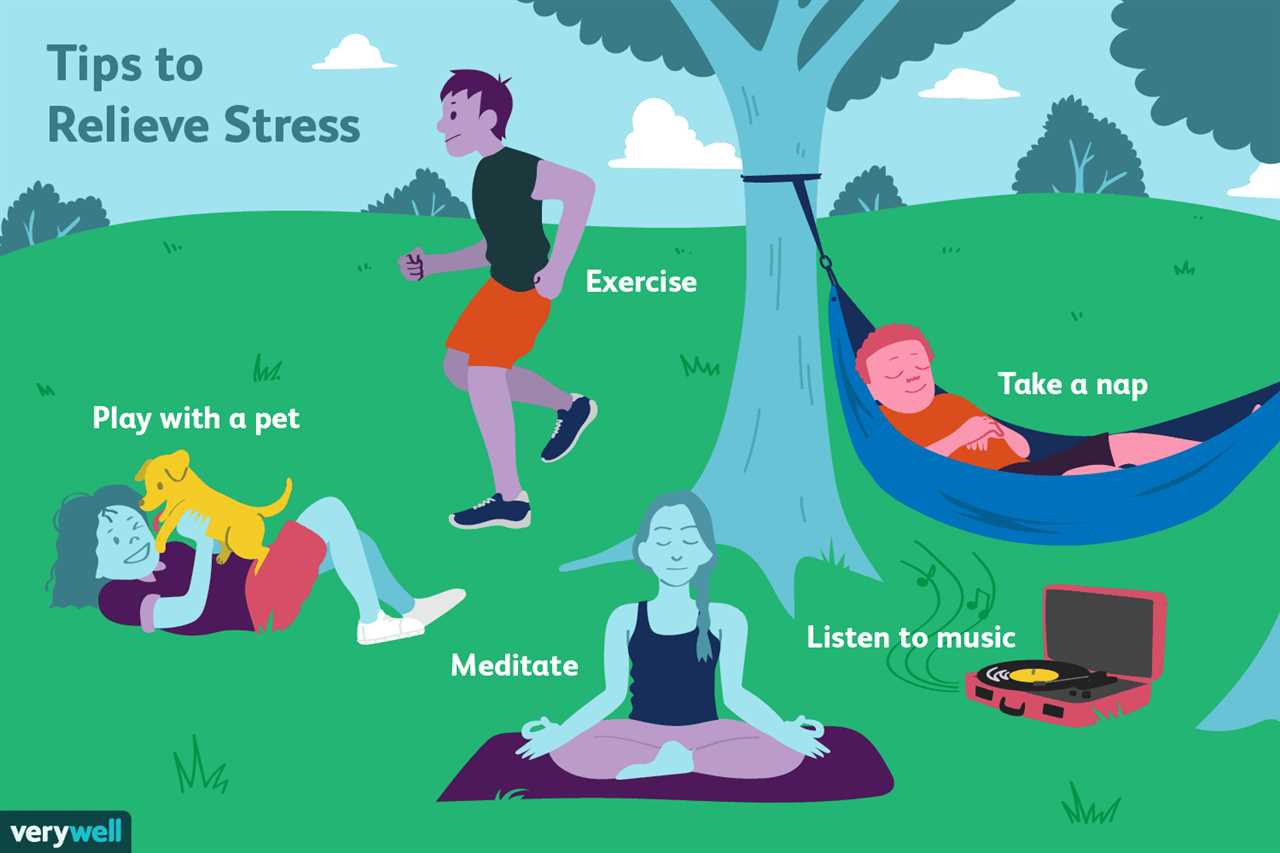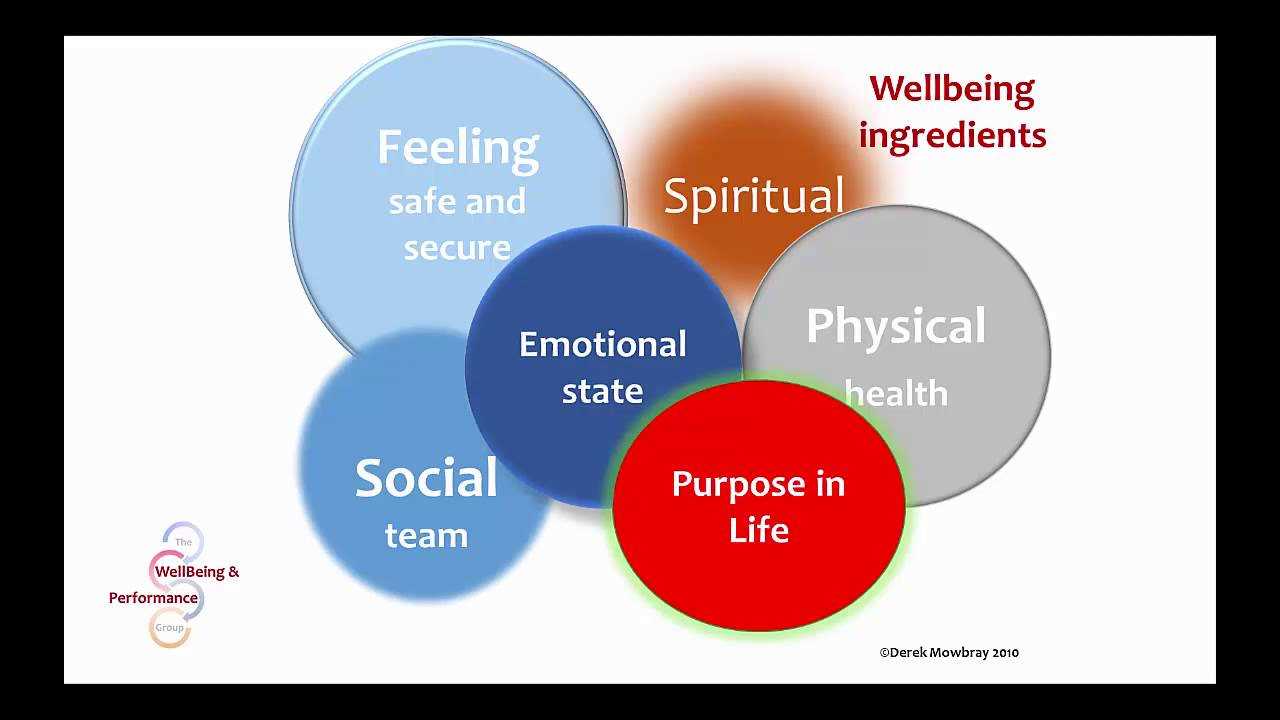
Work can often be a source of stress, with deadlines, demanding bosses, and long hours taking a toll on our mental and physical well-being. However, there is a simple and cost-free solution that can help alleviate stress and promote a healthier work environment: mindfulness.
Mindfulness is the practice of being fully present and engaged in the present moment, without judgment. By focusing our attention on the here and now, we can reduce stress, improve focus, and enhance our overall well-being. And the best part? It doesn’t cost a dime.
So how exactly can mindfulness help reduce stress at work? By cultivating a greater sense of self-awareness, mindfulness allows us to recognize and manage our stress triggers more effectively. Instead of reacting impulsively to stressful situations, we can pause, take a deep breath, and respond in a more calm and composed manner.
Furthermore, practicing mindfulness can also help us build resilience, which is the ability to bounce back from adversity. By developing a greater sense of inner strength and emotional stability, we can better navigate the challenges and pressures of the workplace, ultimately leading to a more fulfilling and less stressful work experience.
Benefits of Mindfulness and Resilience
Mindfulness and resilience are powerful tools that can help reduce stress and improve overall well-being in the work environment. By practicing mindfulness, individuals can develop a greater awareness of their thoughts, feelings, and bodily sensations in the present moment. This increased self-awareness allows them to better manage stressors and respond more effectively to challenges.
Resilience, on the other hand, refers to the ability to bounce back from adversity and maintain a positive mindset in the face of challenges. By cultivating resilience, individuals can develop a greater capacity to cope with stress and adapt to changing circumstances. This can lead to increased productivity, improved job satisfaction, and better overall mental health.
Some of the specific benefits of practicing mindfulness and resilience in the workplace include:
- Reduced stress: Mindfulness and resilience techniques can help individuals better manage stress and prevent it from becoming overwhelming. By staying present and focused, individuals can respond to stressors in a more calm and composed manner.
- Improved focus and concentration: Mindfulness practices can enhance attention and concentration, allowing individuals to stay focused on their tasks and be more productive. This can lead to better performance and efficiency in the workplace.
- Enhanced decision-making: By cultivating mindfulness and resilience, individuals can develop a greater ability to make clear and rational decisions, even in high-pressure situations. This can lead to better problem-solving skills and more effective decision-making.
- Increased emotional intelligence: Mindfulness and resilience practices can help individuals develop a greater awareness and understanding of their own emotions, as well as the emotions of others. This can lead to improved communication, empathy, and teamwork in the workplace.
- Better work-life balance: By practicing mindfulness and resilience, individuals can develop a greater ability to detach from work-related stressors and find balance in their personal lives. This can lead to improved overall well-being and satisfaction.
In conclusion, incorporating mindfulness and resilience practices into the workplace can have numerous benefits for individuals and organizations alike. By reducing stress, improving focus and decision-making, enhancing emotional intelligence, and promoting work-life balance, mindfulness and resilience can contribute to a healthier and more productive work environment.
Improved Mental Health

Mindfulness practices can have a significant impact on improving mental health, particularly in the workplace. By incorporating mindfulness techniques into daily routines, individuals can reduce stress and enhance their overall well-being.
Stress at work is a common issue that many people face, and it can have detrimental effects on mental health. However, by practicing mindfulness, individuals can develop a greater awareness of their thoughts and emotions, allowing them to better manage stress and prevent burnout.
One of the benefits of mindfulness is that it is free and accessible to anyone. There are numerous resources available online, such as guided meditation apps and websites, that provide free mindfulness exercises and techniques. These resources can help individuals incorporate mindfulness into their daily lives and improve their mental health.
By practicing mindfulness, individuals can develop a greater sense of self-awareness and learn to be present in the moment, which can reduce stress and promote a positive mindset. This can lead to improved mental health and resilience, allowing individuals to better cope with the challenges they may face in the workplace.
Overall, incorporating mindfulness practices into daily routines can have a profound impact on mental health. By reducing stress and promoting a positive mindset, individuals can improve their overall well-being and resilience in the workplace, all for free.
Enhanced Focus and Productivity

Mindfulness and resilience practices can have a significant impact on enhancing focus and productivity in the workplace. When we are stressed, our minds tend to wander and we become easily distracted. This can lead to decreased productivity and difficulty in completing tasks efficiently.
By incorporating mindfulness techniques into our work routine, we can train our minds to stay focused on the present moment and be fully engaged in the task at hand. This allows us to work more efficiently and effectively, leading to increased productivity.
Resilience practices also play a crucial role in enhancing focus and productivity. When we are resilient, we are better able to bounce back from setbacks and challenges. Instead of getting caught up in stress and negativity, we can quickly adapt and find solutions to problems.
Resilient individuals are also more likely to have a positive mindset, which is essential for maintaining focus and productivity. They are able to stay motivated and optimistic even in the face of adversity, which helps them maintain high levels of performance.
Overall, by incorporating mindfulness and resilience practices into our work routine, we can reduce stress and enhance our ability to stay focused and productive. This not only benefits us individually, but also contributes to a positive work environment and improved overall performance.
| Benefits of Enhanced Focus and Productivity |
|---|
| 1. Increased efficiency in completing tasks |
| 2. Improved quality of work |
| 3. Reduced errors and mistakes |
| 4. Enhanced creativity and problem-solving abilities |
| 5. Better time management |
| 6. Increased job satisfaction |
| 7. Improved overall performance |
Reduced Burnout

One of the major benefits of practicing mindfulness and resilience techniques is reduced burnout. Burnout is a state of chronic physical and emotional exhaustion that is often caused by prolonged periods of stress. It can lead to decreased productivity, increased absenteeism, and a decline in overall well-being.
By incorporating mindfulness and resilience practices into your daily routine, you can effectively reduce burnout. Mindfulness helps you become more aware of your thoughts and emotions, allowing you to better manage stress and prevent it from overwhelming you. Resilience techniques, on the other hand, help you bounce back from setbacks and challenges, reducing the impact of stress on your mental and physical health.
The best part is that these techniques are free and accessible to anyone. You don’t need any special equipment or expensive classes to start practicing mindfulness and resilience. All it takes is a commitment to prioritize your well-being and a willingness to invest a few minutes each day to cultivate these skills.
By reducing burnout, you’ll not only feel more energized and motivated at work, but you’ll also improve your overall quality of life. You’ll be better equipped to handle the stressors that come your way and maintain a sense of balance and calm in the face of adversity.
So why wait? Start incorporating mindfulness and resilience techniques into your daily routine today and experience the benefits of reduced burnout for yourself!
Practical Tips for Incorporating Mindfulness and Resilience

When it comes to reducing stress at work and fostering resilience, practicing mindfulness can be a powerful tool. Here are some practical tips to help you incorporate mindfulness and resilience into your work routine:
1. Start your day with a mindfulness exercise.
Take a few minutes each morning to center yourself and set your intentions for the day. You can try deep breathing exercises, meditation, or simply focusing on your breath. This can help you cultivate a sense of calm and focus before diving into your work tasks.
2. Take regular breaks.
It’s important to give yourself time to recharge throughout the day. Schedule short breaks where you can step away from your desk and engage in a mindfulness practice. This could be as simple as taking a walk outside, stretching, or practicing a quick mindfulness meditation.
3. Practice mindful eating.
Instead of mindlessly munching on your lunch at your desk, take the time to savor each bite. Pay attention to the flavors, textures, and sensations of the food. This can help you slow down, enjoy your meal, and give your mind a break from work-related stress.
4. Use reminders.
Set reminders throughout the day to check in with yourself and bring your attention back to the present moment. This could be a gentle alarm on your phone, a sticky note on your computer screen, or even a mindfulness app that sends you notifications.
5. Practice self-compassion.
Be kind to yourself when you make mistakes or face challenges at work. Instead of beating yourself up, practice self-compassion by acknowledging that everyone makes mistakes and that you are doing the best you can. This can help you build resilience and bounce back from setbacks.
6. Create a calming work environment.
Make your workspace a place that promotes relaxation and focus. You can add plants, use calming colors, or play soft music in the background. Creating a soothing environment can help reduce stress and enhance your mindfulness practice.
7. Practice gratitude.
Take a few moments each day to reflect on the things you are grateful for at work. This can help shift your focus from stress and negativity to appreciation and positivity. Consider keeping a gratitude journal or sharing your gratitude with a coworker.
By incorporating these practical tips into your work routine, you can cultivate mindfulness and resilience, reduce stress, and create a more positive and productive work environment.
Practice Meditation
Meditation is a powerful tool for reducing stress and improving mindfulness and resilience in the workplace. Taking a few minutes each day to practice meditation can have a significant impact on your overall well-being and productivity.
During meditation, you can focus your attention on your breath, a specific object, or a mantra. This helps to calm the mind and bring a sense of peace and clarity. By practicing meditation regularly, you can train your mind to be more present and less reactive to stressors at work.
Research has shown that meditation can reduce stress and anxiety, improve focus and concentration, and increase feelings of calm and well-being. It can also help to improve emotional regulation and enhance problem-solving skills.
To incorporate meditation into your work routine, find a quiet space where you can sit comfortably and uninterrupted for a few minutes. Close your eyes and take a few deep breaths, allowing yourself to relax and let go of any tension or worries.
Focus your attention on your breath, feeling the sensation of each inhale and exhale. If your mind starts to wander, gently bring your attention back to your breath without judgment.
You can also try guided meditation apps or videos to help you get started or deepen your practice. These resources can provide instructions and support for your meditation practice, making it easier to incorporate into your workday.
By practicing meditation regularly, you can cultivate a greater sense of mindfulness and resilience, allowing you to better manage stress and thrive in your work environment.
Take Regular Breaks

In the hustle and bustle of work, it can be easy to get caught up in the stress and forget to take breaks. However, taking regular breaks is essential for maintaining mindfulness and reducing stress levels.
When we are constantly focused on work, our minds can become overwhelmed and fatigued, leading to decreased productivity and increased stress. By taking regular breaks, we give our minds a chance to rest and recharge, allowing us to come back to our work with renewed focus and energy.
During these breaks, it’s important to engage in activities that promote mindfulness and relaxation. This could be as simple as taking a short walk outside, doing some stretching exercises, or practicing deep breathing techniques. These activities help to clear the mind, release tension from the body, and promote a sense of calm.
One of the best things about taking regular breaks is that it doesn’t cost anything. It’s a simple and free way to reduce stress and improve overall well-being in the workplace. So, the next time you find yourself feeling overwhelmed or stressed at work, remember to take a break and give yourself some time to relax and recharge.
Engage in Physical Activities
One option is to take a walk or go for a run outside. Spending time in nature has been shown to have a calming effect on the mind, reducing stress levels and improving mood. You can also try practicing yoga or tai chi, which are both mindful forms of exercise that can help reduce stress and increase resilience.
If you prefer something more high-energy, consider joining a sports team or participating in group fitness classes. These activities not only provide physical benefits, but also help foster a sense of community and social connection, which can further enhance your resilience to stress.
Another option is to simply incorporate more movement into your daily routine. Take the stairs instead of the elevator, park farther away from your destination and walk, or try doing some stretching exercises at your desk. These small changes can add up and make a big difference in reducing stress and improving your overall well-being.
Remember, engaging in physical activities doesn’t have to be expensive or time-consuming. There are plenty of free options available that can help you reduce stress, increase mindfulness, and build resilience. Find the activities that you enjoy and make them a regular part of your routine. Your mind and body will thank you!
Creating a Mindful and Resilient Work Environment
In today’s fast-paced and demanding work environments, it’s important to prioritize mindfulness and resilience to reduce stress and promote well-being. By creating a mindful and resilient work environment, employers can support their employees in managing stress, enhancing productivity, and fostering a positive work culture.
Here are some strategies to create a mindful and resilient work environment:
- Encourage mindfulness practices: Introduce mindfulness practices such as meditation, deep breathing exercises, or yoga to help employees develop self-awareness and manage stress effectively. Offer training sessions or workshops to teach these techniques and provide resources for employees to continue practicing mindfulness on their own.
- Promote work-life balance: Encourage employees to maintain a healthy work-life balance by setting clear boundaries between work and personal life. Encourage them to take breaks, use vacation time, and pursue hobbies or activities that help them relax and recharge.
- Foster open communication: Create an environment where employees feel comfortable expressing their concerns, ideas, and feedback. Encourage open and honest communication among team members and provide channels for regular feedback and discussion.
- Provide resources for resilience building: Offer resources and support for employees to develop resilience skills. This can include training programs, workshops, or access to mental health resources. Encourage employees to develop coping mechanisms and provide opportunities for growth and development.
- Lead by example: Managers and leaders should lead by example and prioritize their own mindfulness and resilience. This sets a positive tone for the work environment and encourages employees to follow suit. Show appreciation for efforts made by employees and acknowledge their achievements.
- Create a supportive work culture: Foster a work culture that values well-being, collaboration, and support. Encourage teamwork, provide opportunities for social connections, and celebrate successes together. Recognize and address any toxic behaviors or sources of stress in the workplace.
By implementing these strategies, employers can create a work environment that promotes mindfulness and resilience, ultimately reducing stress and improving overall well-being for their employees.
Promote Work-Life Balance

One effective way to reduce stress at work for free is to promote work-life balance. This involves encouraging employees to maintain a healthy balance between their work responsibilities and personal life. When individuals are able to find a balance between their work and personal life, they are better able to manage stress and prevent burnout.
Employers can promote work-life balance by offering flexible work schedules, such as allowing employees to work from home or providing options for part-time or reduced hours. This allows employees to have more control over their time and helps them better manage their personal commitments.
Additionally, employers can encourage employees to take regular breaks throughout the workday. This can include encouraging short breaks for mindfulness exercises or encouraging employees to take a walk outside during their lunch break. These breaks can help employees recharge and reduce stress levels.
Furthermore, employers can promote work-life balance by setting clear expectations and boundaries for work hours. This includes discouraging employees from working excessive overtime or responding to work-related emails and messages outside of their designated work hours. By clearly defining work boundaries, employees are able to disconnect from work and focus on their personal lives, reducing stress levels.
In conclusion, promoting work-life balance is a free and effective way to reduce stress in the workplace. By offering flexible work schedules, encouraging regular breaks, and setting clear expectations and boundaries, employers can help their employees achieve a healthier work-life balance and reduce stress levels.

I am Patrina de Silva, a psychologist and mental health blogger in Sri Lanka. After obtaining psychology degrees from the University of Colombo and Monash University, I returned home to work as a counselor while also starting the popular blog “Pressy but Happy” to provide advice on psychological issues. Over the past decade, my empathetic articles have made my blog a leading mental health resource in the country. In addition to writing, I maintain a private therapy practice, frequently volunteer counseling time, and conduct seminars, driven by my passion for destigmatizing mental illness and educating the public on the mind-body connection. I strive to be an influential voice in my field through my compassionate approach.
